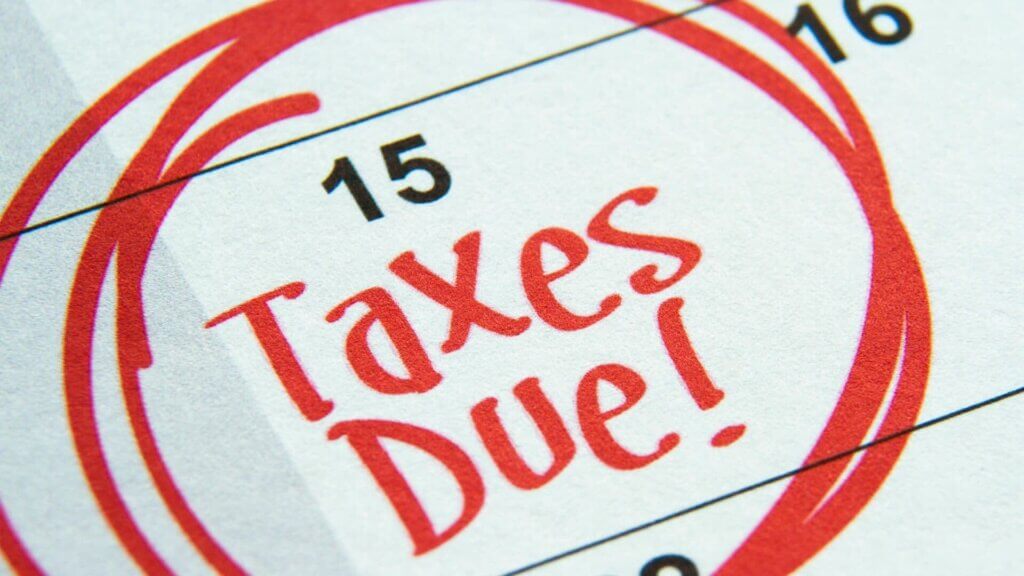
New Jersey state income tax is levied on individuals based on their level of earnings. It is collected by withholding from individual worker paychecks and by estimated payments for self-employed individuals, and it is remitted to the State each April. In addition, residents who have filed for a six-month extension must pay 80 percent of their state taxes by the original filing deadline, which is usually April 15.
New Jersey State Income Tax rate ranges from 1.4% to 10.75%, though some items are exempt, such as over-the-counter drugs, groceries, clothing and footwear, and women’s menstrual products. The State also levies a property tax, which varies by county and municipality, and has property-tax relief programs for homeowners, senior citizens, religious and educational institutions, and historic properties.
Unlike most states, New Jersey does not tax Social Security retirement benefits, military pensions, or Railroad Retirement income. It does, however, tax some interest income and the wages of some convicted criminals. In addition, the State has a constitutional provision that requires all income-tax revenue to be allocated for property-tax relief.

New Jersey State Income Tax Due Dates
In New Jersey, income taxes are due on a quarterly basis. The due dates for each quarter are printed on the tax bill. They are usually due on February 1, May 1, August 1, and November 1. There is a 10-day grace period, but the payments must be received in the office by close of business on the 10th to avoid interest charges.
Businesses must register for state taxation if they have employees and must pay withholding taxes on their employees’ wages. These withholding taxes are typically submitted via the employer’s New Jersey tax portal or an authorized payroll tax software provider.
New Jersey also imposes a corporation business tax (CBT) on corporations doing business within the State. The CBT is based on the corporation’s gross revenues and must be filed by the end of the corporation’s fiscal year.
If you have a New Jersey tax liability and have not yet filed your return, you can request an extension until October 15, 2024, by using the Division of Taxation’s tax application. This website also allows you to access a saved return and check refund status.